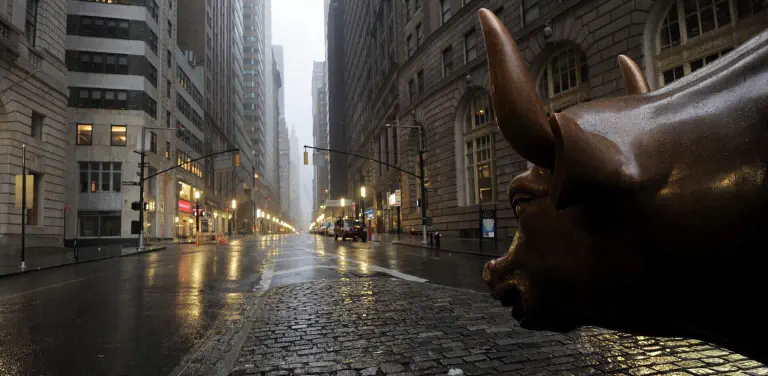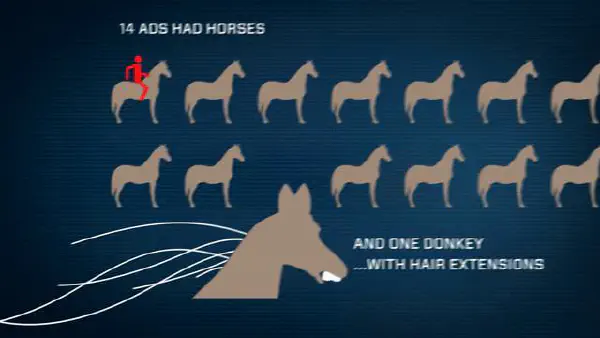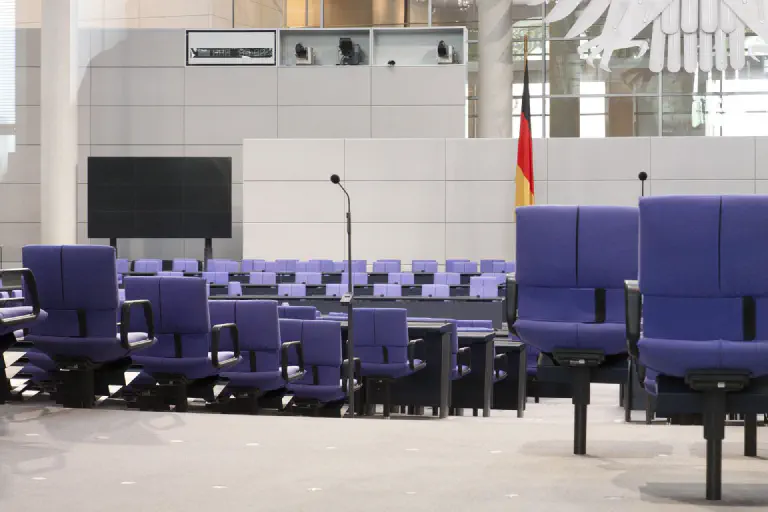 Protests across the province last month made it clear to British Columbians that the PST/GST harmonization announced on July 23 by Premier Gordon Campbell is not going over well. Former Premier Bill Vander Zalm grasped onto the issue like a life raft, presumably hoping to resurrect his long-thought dead but apparently still alive Social Credit initiatives. The NDP are joining Mr. Vander Zalm in the attack on the provincial Liberal for, perhaps, partisan reasons (it's worth noting that New Democrats in prairies support the HST).
Protests across the province last month made it clear to British Columbians that the PST/GST harmonization announced on July 23 by Premier Gordon Campbell is not going over well. Former Premier Bill Vander Zalm grasped onto the issue like a life raft, presumably hoping to resurrect his long-thought dead but apparently still alive Social Credit initiatives. The NDP are joining Mr. Vander Zalm in the attack on the provincial Liberal for, perhaps, partisan reasons (it's worth noting that New Democrats in prairies support the HST).
And then there's us: The average consuming British Columbian can't help but weigh the 5 to 12 per cent increase on more than a few goods and services. Add to this the fact that Mr. Campbell and crew campaigned on a lighter tax regime (okay, promised not to introduce the HST), which has many of us thinking: "Sheesh...this guy has got some chutzpah."
Those of us who don't belong to the province's elite can't always assume every policy is aimed at furthering the gap between the well-to-do and the nothing-to-do. So bear with me in considering the flip-side of the coin--that maybe Mr. Campbell got it right. Harmonizing the PST is not a new idea; it's been done in the Atlantic provinces and Saskatchewan. It was championed by Brian Mulroney. It has long been a key proponent of both leftist (Green Party) and rightist (Conservative) platforms. The HST in BC has been proposed many times before for two main reasons: first, it makes sense in the long-run, and second PST sucks.
Though you may have heard it already, here's why: The PST is an embedded or indirect tax. It includes a tax on a tax. It could even be called a multiple or redundant tax. The multiple PST tax taxes the manufacturer on goods required for manufacture; it then taxes the consumer on the final purchase of those goods and it even taxes the delivery man along the way. Conversely, the GST is called a "value-added" tax because businesses that both collect and pay GST can deduct one from the other and pay no GST on business inputs. Harmonizing the PST with GST is a bit like giving the PST value-added status, meaning businesses won't have to pay PST on business inputs. This is estimated to reduce the tax cost of doing business in BC from 26.4 per cent to 15.7 per cent.
Harmonizing the sales tax also reduces the administrative burden tax collection imposes on the provincial government. This burden is passed on to the federal government, who is willing to pay the provincial government the sum of some $1.6 billion over three years for the opportunity to do this extra work--yes, ask yourself why. Overall, reducing administrative expenses costs government less, which could reduce the need to run massive and senseless deficits, and perhaps aid in the long and arduous climb toward a government surplus.
With respect to foreign investment, the timing of the harmonization announcement could be considered another upside. Remember Expo '86? After Expo, our provincial government's deficit was $321 million. And then along came Li Ka-shing, the billionaire from Hong Kong who bought the expo lands, effectively opening up a floodgate to the Pacific Rim, through which capital has poured ever since. It's that flood of capital that has driven up property values in Vancouver, which in turn led to the city's growing reputation as a top-ranked global city. What's the lesson? International events can mean big business, and the HST in BC will make Vancouver an attractive place for foreign investors come our 10 seconds on the world stage this winter.
So, if doing away with the PST and rolling in the HST is such a good idea, why did Mulroney have such a hard time getting it done? Why did the Liberal government claim they had no intention of every even considering it? Why is there a Facebook group protesting it with 121,566 members and why have people province-wide put aside their family time to stand around and grumble? Hey, we're Canadians---that's called a protest!
The answer is that the HST in BC is what economists call an incidence shift. It shifts an estimated $1.9 billion tax burden from big business to the consumer, and 9 out of 10 people don't want to pay.
More goods and services will be subject to the HST than are now subject to the PST. This significantly raises prices and means that you and I will have less to spend. With less to spend, we are less likely to visit those small businesses that will have to add seven per cent to their prices (like restaurants). In the short run, this kind of policy shift is thought to deepen the recessionary trend, slowing GDP growth and raising unemployment. Governments in the past had difficulty implementing HST because it was simply too unpopular. That being said, this time around the feds are giving our business-savvy leader $1.6 billion in transfer payments, and also allowing HST-exempt items.
Nonetheless, on Canada Day of 2010, you'll be paying seven per cent more for your can of pop, your newspaper, your bicycle, your school supplies, your vitamins, your cable TV, your haircut, your dry cleaning, your movies, your accounting fees and your restaurant meals--among other things. On the other hand, you'll find your gas and liquor costing less.
So is HST good for you? Well, since HST is considered a regressive tax the answer lies in your income bracket. In other words, if you're on a fixed in come (pensioners or those locked into a union contract), the HST is going to effect the purchasing power of your dollar more, and less so for those of you expecting a wage increase when the boost to big business increases GDP per capita. Also, if you're a low income earner, the HST will cost you more as a percentage of your income than it will high-income earners. But no matter how you slice it, everyone will have less money.
The big questions: First, just how much will the increase in taxes slow consumption; and second, just how much will transfer payment from Ottawa offset this increase in spending? Well, the answer is not a simple one, and the devil is in the details. First of all, the decrease in spending is touted to be a big one. A seven per cent increase in prices on many goods and services is big news. This means a significant increase in recessionary pressures. Second, the transfer payment from Ottawa is not only meant to offset the decrease in spending, but also to address the regressive effects of the shift. In Ontario, for example, the transfer from the feds will be awarded on the condition that a cheque of $1000 is handed out to each resident. No Such stipulations were made here in BC.
How do BC Liberals plan to address the regressive effects of the tax shift, and does it measure up to Ontario's strategy? Well, our economy in BC is over three times smaller than Ontario's, so perhaps we could expect cheques of some $330 per low-income resident. Currently, the cheques to be issued are $230. Could it be enough?
To sum up, if the transfer payments from the federal government are used to counter regressive effects, the incidence shift will be easier on low-income residents and on small businesses that expect to face a decrease in sales. However, if the transfer payments are used to pay down the deficit (or build, build, build) low-income spenders, pensioners and union employees with locked in wages will be saying goodbye to pocket change.
And that brings us to the next question: deficit? How will the increase in taxes effect prices in the current economic environment? Well, economists county-wide predict the shift to HST will lower prices in the long-run. The reasoning behind this is clear: As business input costs are lowered, businesses will have more room to maneuver; they can use this extra revenue to (a) pay higher wages, (b) reduce the price of goods to attract more market share, (c) invest in capital stock and/or (d) realize greater profits.
Because some businesses are expected to use extra surpluses to go after market share, the long-run effect should be price reduction. And, in keeping with this expectation, there were long-run price decreases in the Maritimes. To recap, the immediate increase in prices that is going to demolish your pocket book is going to allow you to purchase more goods and services for your dollar-in the long-run. Granted--and it's a big granted--we don't see hefty inflation from our just recently, drastically increased, money supply.
The bonuses of a value-added, more economical tax system and a healthy bribe from Ottawa might be preferable to deepening the recession. Only time will tell. Two things, however, seem certain: The HST is on its way, and Premier Gordon Campbell is leading the charge.
















